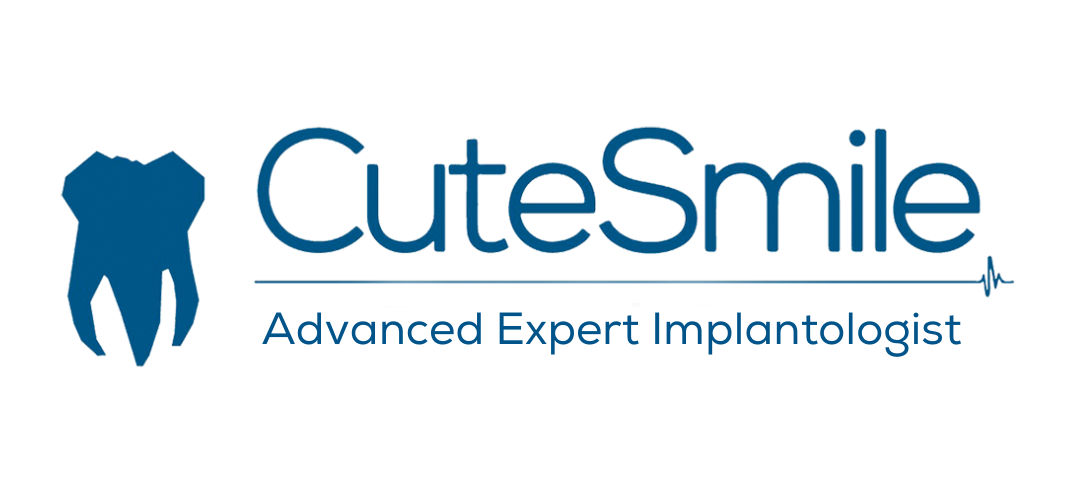Myths and realities about bad breath

There is still a great deal of ignorance about halitosis. Most people maintain their own beliefs about bad breath: in some cases they are unfounded myths, and in others, facts or realities. We invite you to review some of the most common beliefs.
"Digestive problems are a frequent cause of halitosis." Myth or Reality?
Myth. Despite the widespread belief that bad breath is due to digestive disorders, recent studies show that only 3 percent of cases of halitosis originate in the stomach.
"Bad breath generated by some foods like garlic or onion can remain for more than six hours." Myth or Reality?
Reality. A few hours after ingestion, malodor compounds containing strong foods such as garlic or onion are absorbed by the intestine, passed into the blood and volatilized through the pulmonary alveoli. Bad breath may last, in this case, more than six hours.
"Dental caries is a frequent cause of halitosis." Myth or Reality?
Myth. It is customary that the moment a person becomes aware that he suffers from halitosis he decides to visit the dentist to identify a possible tooth decay. However, caries treatments have no beneficial effect against halitosis.
"People who smoke have worse breath than non-smokers." Myth or Reality?
Myth. There is no great difference between the encouragement of non-smokers and smokers, once two hours have elapsed after the smokers have smoked a cigarette. Despite this, smoking is a risk factor in diseases associated with halitosis, such as periodontal disease.
"Menstruation can cause bad breath." Myth or Reality?
Reality. During menstruation, malodor compounds, generated from the decomposition of the blood are absorbed by the vaginal mucosa and enter the bloodstream, being later expelled by the expired air.
"Stress can lead to bad breath." Myth or Reality?
Reality. Almost 15 percent of patients report a worsening of their halitosis in stressful situations. It is due to the influence of the nervous system on the decrease of salivary secretion, which in turn affects the renewal and cleansing function of saliva.
"Bad breath can be transmitted by contagion, for example by a kiss." Myth or Reality?
Myth. Although it is difficult to prove, no cases of halitosis have been reported to date from a transmission by contagion.
"Most people who have bad breath know it." Myth or Reality?
Myth. People who have real halitosis, or detected by others, often do not notice it due to olfactory fatigue phenomena (they are accustomed to their own smell).
"Smelling one's own saliva is a reliable way to confirm the presence of halitosis." Myth or Reality?
Myth. There is no association between the smell perceived by the person in these situations and the existence of halitosis. A person may have bad breath and not notice.
"Brushing teeth more than four times a day prevents the appearance of halitosis." Myth or Reality?
Myth. Brushing teeth every eight hours (as long as it is effective and eliminates plaque) is sufficient to control the production of a bad odor. If there is a manifestation of halitosis during this period is due to an underlying pathology.
"In some cases, halitosis may have a hereditary component." Myth or Reality?
Reality. Although there are no genes expressing halitosis and the vast majority of conditions that promote its appearance do not have a hereditary factor, there are exceptions. Allergic rhinitis and diabetes are examples of pathologies of hereditary components associated with halitosis.
"When health professionals detect the presence of halitosis, they usually communicate it to their patients." Myth or Reality?
Myth. Health professionals as fundamental reasons for not informing their patients, on the one hand, the fear of a negative reaction, and on the other, the lack of medical knowledge to effectively address this pathology



 Messenger
Messenger